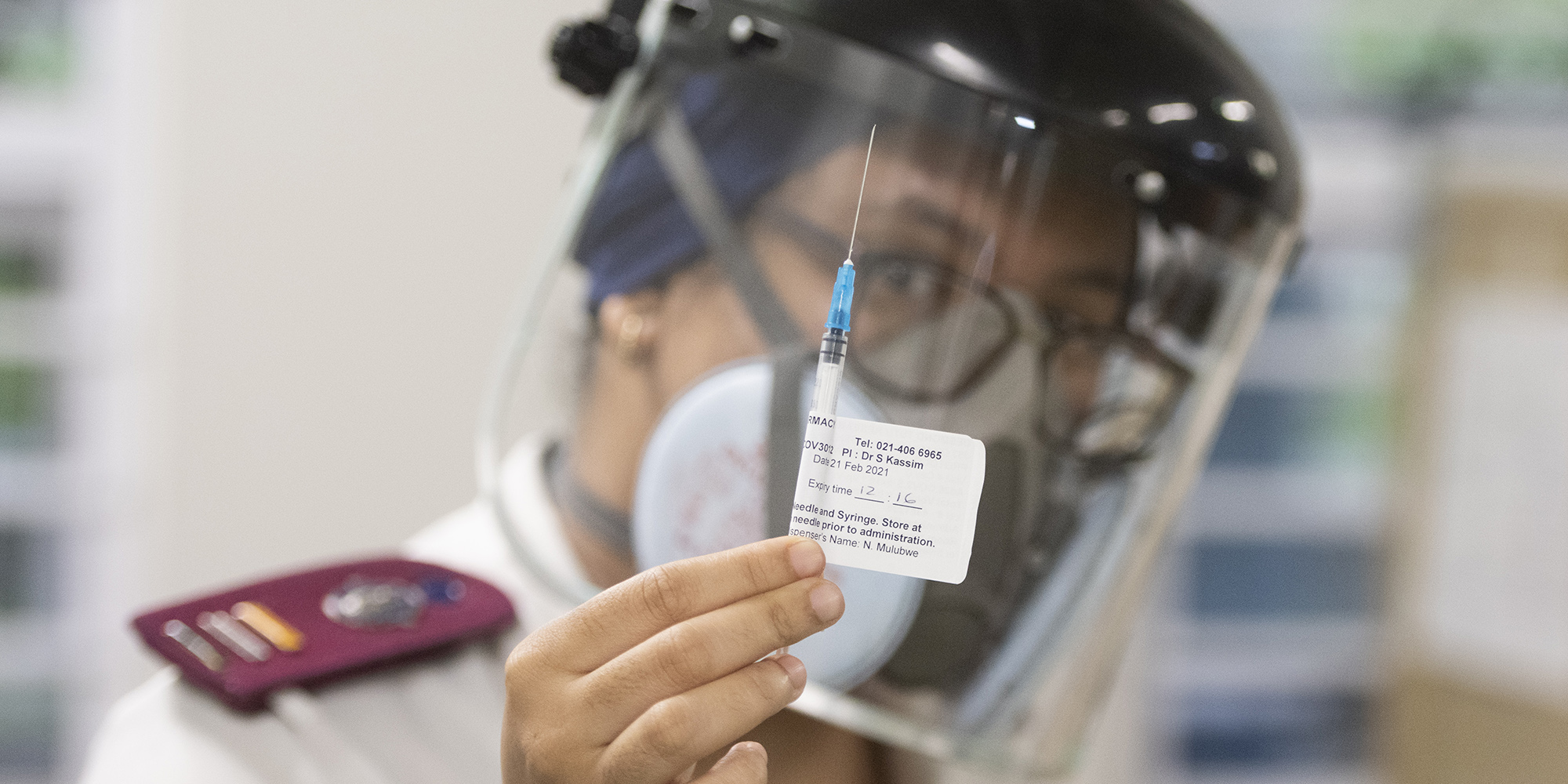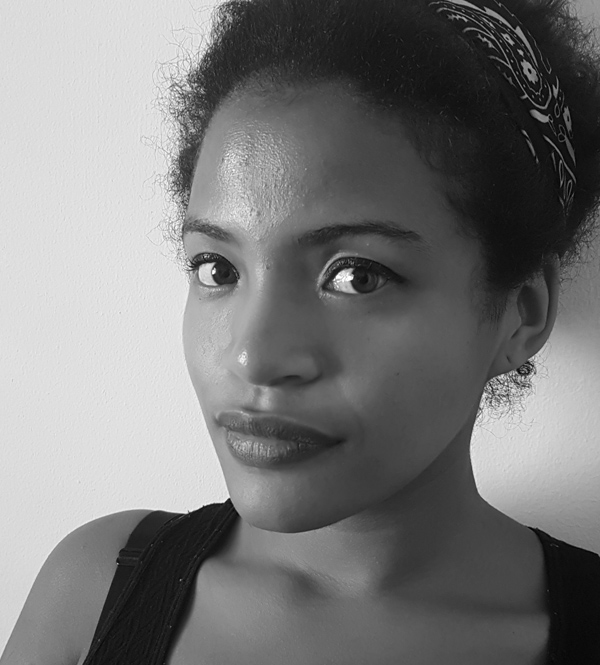Going into a lowering of Covid-19 regulations, residents’ guards should not be lowered as well, says the Western Cape health department. On Thursday 4 March, the provincial health department briefed the provincial legislature’s Ad Hoc Committee on Covid-19 about preparations for a third wave and the provincial roll-out of vaccines.
By Thursday afternoon, the province had registered 275,878 cases of Covid-19, with 3,254 active cases, according to the latest available data. In the Western Cape, there have been 11,240 Covid-19 related deaths.
The chairperson of the committee, Mireille Wenger, said a potential third wave and vaccine roll-outs were “two very important issues on everyone’s lips”.
Western Cape Health Department head Dr Keith Cloete urged unity and solidarity towards a common goal – to prevent a third wave, especially as Covid-19 fatigue and reduced vigilance sets in.
A big issue highlighted by Cloete was that “people relaxed their behaviour” when SA previously went into Alert Level 1 restrictions. On Sunday 28 February, President Cyril Ramaphosa announced the country would move into Alert Level 1.
A third wave was dependent on a few factors, including:
- Change in viral transmissibility – such as long weekends, funerals and seasons.
- Behavioural changes in a population, such as more people being affected by Covid-19 effects, contact tracing, alert levels shifting and restrictions.
- Change in interactions between weakly connected subpopulations, including interprovincial transport, and between rural and urban communities
- Changing immunity/reinfection risk – Cloete pointed out that an area such as Khayelitsha had initially reported high numbers of cases, but it was less severe in the second wave.
- Viral evolution – MEC Dr Nomafrench Mbombo said there are no documented cases in South Africa of the new Covid-19 variant first discovered in Brazil.
- Speed, uptake and impact of vaccination – this will become evident in the months and weeks ahead as SA undergoes its vaccine programme.
The provincial health department made early projections of a third wave from April, according to News24.
Cloete spoke about the mental health impact of Covid-19 on healthcare workers. Currently, there are 42 confirmed infections among healthcare workers, whereas in December there were 1,000 active cases. A total of 120 healthcare workers in the province have died from Covid-19 complications.
Cloete said the trauma that healthcare workers, especially young doctors and specialists, went through is “immense. These doctors had to witness people dying, and make decisions on who lived and how to support people. The province’s health department is currently undergoing an intentional healing process.
https://www.dailymaverick.co.za/article/2021-01-19-emotional-healing-after-covid-19-trauma-the-next-step-for-healthcare-workers-in-the-western-cape/
The other key issue was the province’s vaccine roll-out. The first vaccines were given to healthcare workers at the Khayelitsha District Hospital on Wednesday 17 February, alongside President Cyril Ramaphosa and Health Minister Dr Zweli Mkhize.
According to a provincial media release on Thursday, 15,295 vaccines had been administered by 5pm on 3 March in the Western Cape. When asked about the province’s own vaccine procurement plan – a bone of contention between opposition parties and the provincial government – Mbombo said to “remember it was a contingency plan” if the national government could not provide enough vaccines. Mbombo told the committee nothing had been finalised yet in discussions around vaccine manufactures and costs to the provincial budget.
When committee member Peter Marais questioned why young people – whom he claimed spread Covid-19 due to their liking of nightclubs and restaurants – should not be vaccinated first instead of older people, Cloete said older people would be vaccinated first as “they are the ones who are most vulnerable”.
Mbombo said traditional healers fell into the healthcare worker category and would also be vaccinated in Phase One, following a question from committee member Melikhaya Xego. DM





